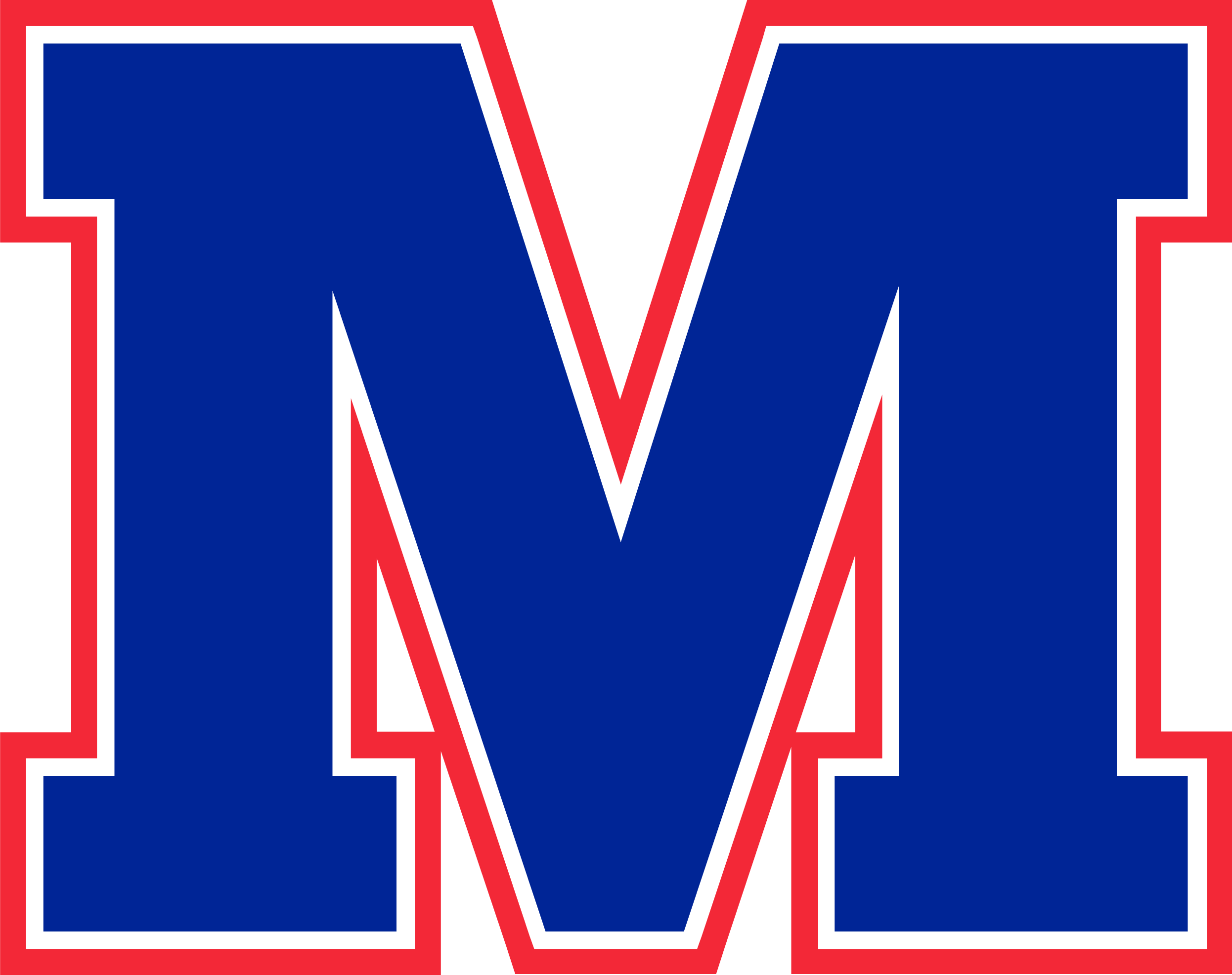WRITTEN BY ERICA FINDERS, PK-6 CURRICULUM PROFESSIONAL DEVELOPMENT LEADER
Last school year, the Marshalltown Community School District brought math teachers of kindergarten through 12th grade together to study best practices in teaching mathematics. To our knowledge, this is the first time we’ve done this work across K-12! This team studied the updated Iowa Academic Math Standards and researched the most effectives practices for teaching math. This exploration led to the adoption of McGraw Hill Reveal Math districtwide.
Students have new workbooks and an online platform to support their math learning. Teachers have new manuals to guide their teaching of math concepts and increase the focus on students talking about their mathematical thinking and reflecting on how well they are understanding. This program pushes students to make sense of problems and wrestle with how to solve them. Instead of being shown exactly how to solve a problem, we want students to figure out their own way to do the math and share their thinking with others. This builds their conceptual understanding and creates stronger math students overall. Teachers also support students to build fluency with math procedures and encourage them to apply the math they are learning to everyday, real life situations.
In addition to Reveal Math that teachers use to teach daily math lessons, students also have access to online programs that help them build math skills based on what they are individually ready to learn next. Our kindergarten students (and some students in grades 1-6) use ST Math, a language-free program that builds understanding of math concepts. New this year is ALEKS Adventure in first and second grade and ALEKS in grades 3-12. In the ALEKS programs, students work through an online assessment that determines where their learning should begin and continually monitors their progress to determine which skill they are ready for next. These programs can also be used at home.
Parents and caregivers can support math learning at home by displaying a positive attitude about math, praising effort and understanding, and having the mindset that math is something everyone can learn and get better at. Ask students about what they are learning in math class; ask them to show you how they would solve a problem. Connect math to real life - play math games (Monopoly, Go Fish); count objects; measure ingredients while cooking; compare prices while shopping; calculate the distance when driving somewhere. There are so many ways math is used in our daily lives!

